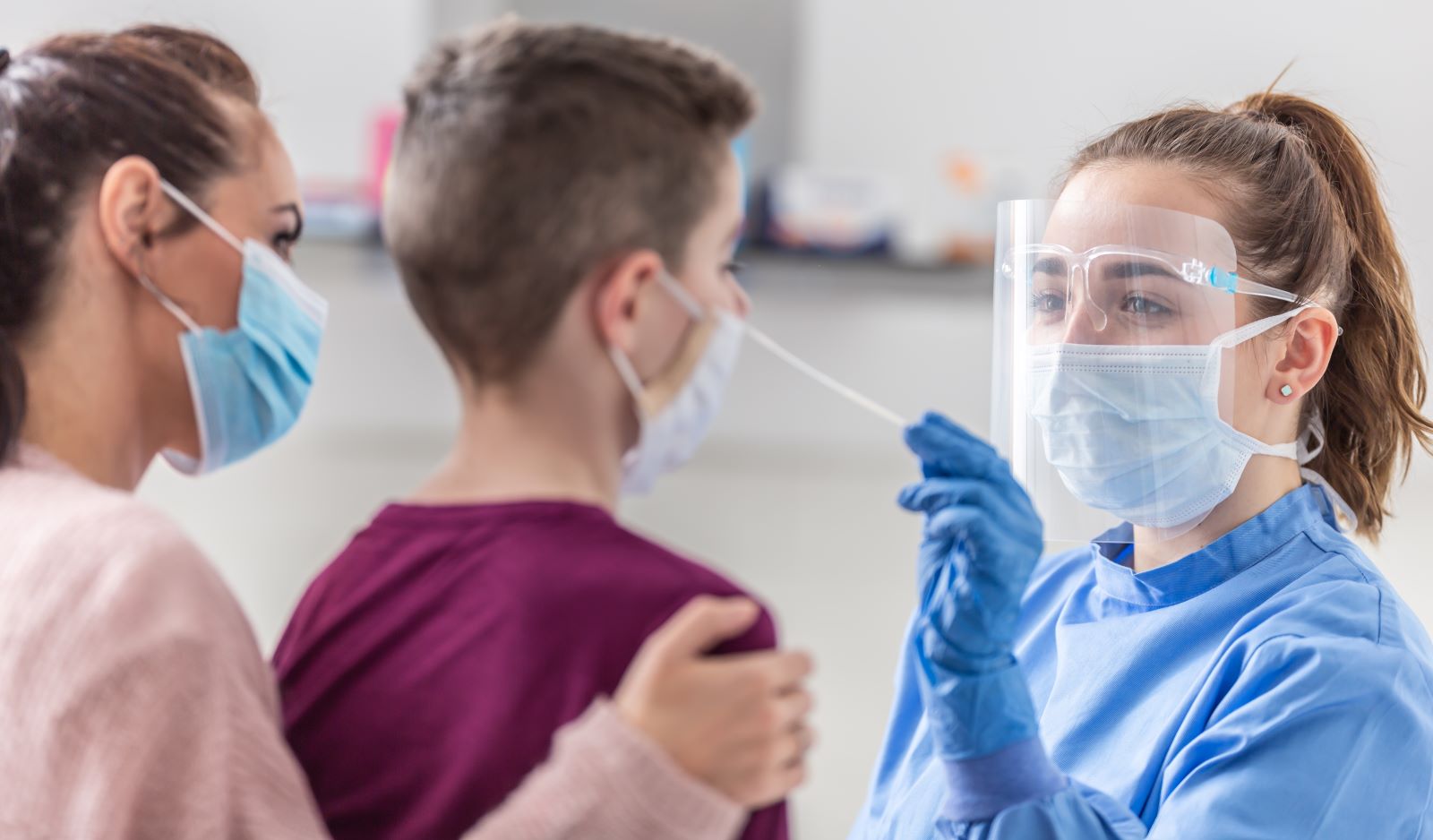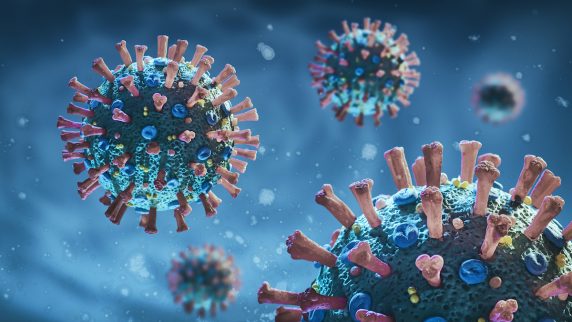With nearly 60 percent of people in the United States having now been infected with some type of the coronavirus, many of them are heading into summer 2022 thinking they are immune from re-infection.
“They are not safe,” said Ulysses Wu, MD, system director of infection disease and chief epidemiologist for Hartford HealthCare. “They can contract COVID again and there is a good possibility that the current virus may evade pre-existing immunity and infect again. Vaccinations are the best way to achieve immunity.”
Both COVID-19 vaccinations and prior disease do provide some protection against future illnesses, but they’re better at preventing severe disease than infection. Experts say reinfection is unlikely for at least 90 days following a COVID-19 illness, and maybe longer.
Why the rise in re-infection rates?
- We’ve been at this a while now: COVID has been in the U.S. since the start of 2020, so people who were infected early on would experience diminished immunity.
- Vaccine immunity diminishes with time: Americans started getting vaccinated in December 2020. Since then the CDC has approved boosters, and as of last week is recommending a second booster for everyone over age 50.
- Mandates are no more: Mask mandates, social distancing and showing proof of vaccination to dine indoors or attend a show are all, for the most part, gone. All those precautions help stave off the virus.
- New variants are extra-contagious: The delta variant is at least twice as contagious as previous variants, and as we saw in December, omicron was even more contagious than delta.
Could COVID become more like the common cold, a nuisance that we might have to deal with several times per year? There is some early research that says yes, but stay tuned. But one thing is for sure – don’t pack away that mask this summer, and use it when you are indoors, Wu said.



